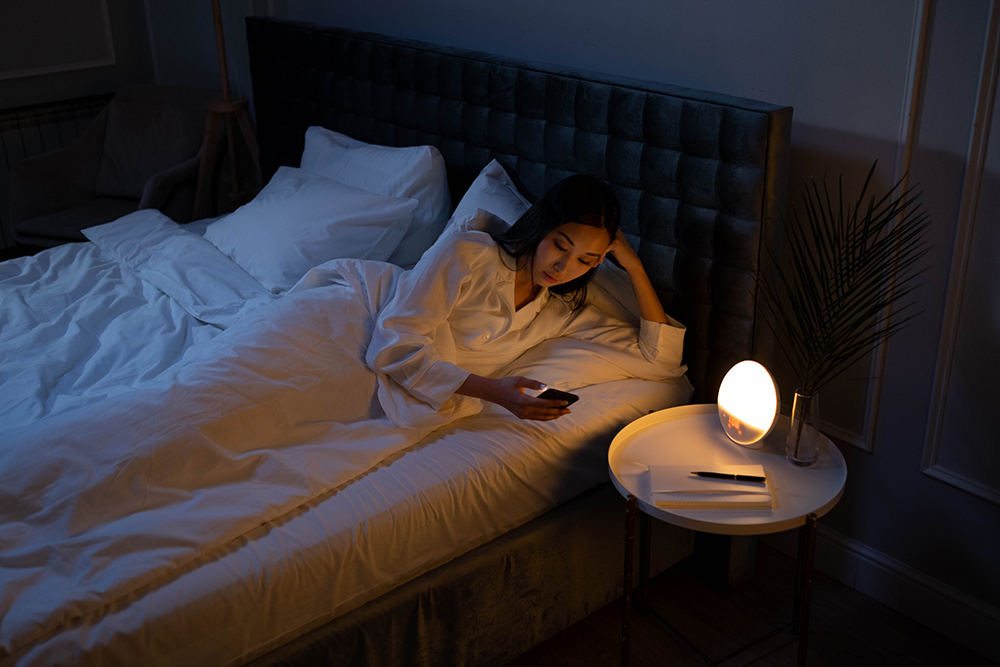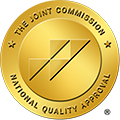In recognition of Sleep Awareness Month this March, we must spotlight sleep hygiene as an often-overlooked aspect of addiction recovery. Disrupted sleep is one of the primary challenges people experience during drug detox. Quality sleep is pivotal to your successful recovery and overall health, yet withdrawal symptoms – such as elevated heart rate, anxiety, and flu-like body aches – can render peaceful slumber a distant dream.
Withdrawal’s Effect on Sleep
Withdrawal insomnia is usually a temporary setback. Your sleep patterns should eventually normalize as your body and mind continue healing. Nonetheless, sleep disturbances can exacerbate the immediate challenges of recovery. Irregular sleep-wake cycles contribute to stress, emotional turmoil, and a lack of concentration and motivation. For some people, the frustration of coping with withdrawal insomnia may increase the risk of relapse.
Under the influence of drugs, your brain’s dopamine production dwindles. Withdrawal poses a challenge as the brain recalibrates to return to baseline dopamine levels, a process that may be extensive. This period can amplify stress, disrupting sleep patterns and causing restlessness.
Your sleep issues may persist for several months during and following recovery. However, the initial days are typically the most challenging for withdrawal insomnia and other symptoms.
Strategies for Enhanced Sleep During Withdrawal
Improving sleep quality during withdrawal is integral to supporting recovery. Here are three strategies to combat withdrawal insomnia and foster better sleep.
- Use light therapy: The body’s internal clock uses natural cues like light to regulate sleep and wakefulness. If your sleep cycle is off-kilter, it can result in insomnia. Light exposure can reset your circadian rhythms. Take daily outdoor walks or let natural light flood your living space. Conversely, minimize light exposure at night by dimming artificial lights, fostering an environment conducive to sleep.
- Develop a relaxation routine: You can mitigate evening anxiety and stress through relaxing activities. Meditating, listening to soothing music, or sipping chamomile tea can prepare your mind and body for rest.
- Maintain a sleep schedule: Reinforcing a healthy sleep-wake cycle is paramount. Commit to a consistent routine of going to bed and waking up at the same time daily, even on weekends and holidays. This regularity can significantly improve sleep quality and overall well-being during detox.
Get the Professional Care You Need Without Leaving Home
Sleep disturbances during detox require professional support and substance abuse counseling. At Acworth Outpatient Detox, we recognize the critical nature of comprehensive care for managing drug withdrawal and resulting complications like insomnia. Our approach integrates medical supervision with lifestyle modifications to support the detox process and the goals of pursuing lasting recovery and wellness. Contact us today to learn more about how we can help you.






